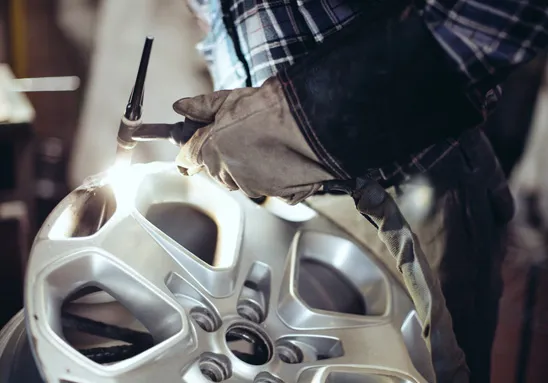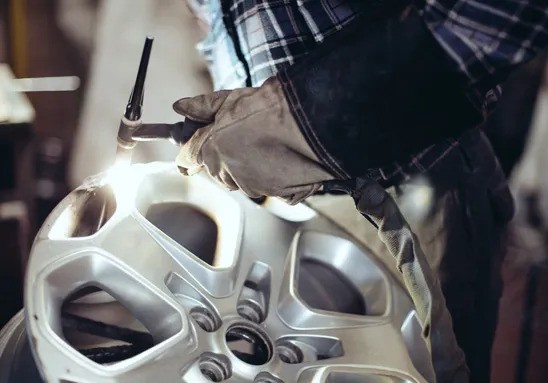The Future of Wheel Manufacturing: Trends in Custom Alloys and Design
In the ever-evolving world of wheel manufacturing, custom alloys and designs are playing a significant role in shaping the future of the industry. As technology advances and consumer demands change, manufacturers are constantly striving to stay ahead of the curve by incorporating innovative materials and designs into their products.
Shift Towards Custom Alloys
One of the key trends in wheel manufacturing is the shift towards custom alloys. Custom alloys are unique blends of metals that are specifically tailored to meet the performance and aesthetic requirements of a particular application. By customizing the alloy composition, manufacturers can create wheels that are lighter, stronger, and more durable than traditional alloys.
Flexibility in Design
Custom alloys also offer designers greater flexibility in terms of creating intricate and complex wheel designs. With the ability to fine-tune the material properties, manufacturers can push the boundaries of creativity and come up with designs that were previously thought to be impossible. This trend towards customization is driving the demand for advanced manufacturing technologies, such as 3D printing and CNC machining, which allow for the production of complex geometries with high precision.
Emphasis on Sustainability
In addition to custom alloys, another trend in wheel manufacturing is the emphasis on sustainable materials and production methods. With growing concerns about environmental impact and resource scarcity, manufacturers are increasingly looking for ways to reduce their carbon footprint and minimize waste. This has led to the development of eco-friendly alloys, such as recycled aluminum and magnesium, as well as manufacturing processes that optimize material usage and reduce energy consumption.
Influence of Electric Vehicles
Furthermore, the rise of electric vehicles is also influencing the future of wheel manufacturing. Electric vehicles have different performance requirements compared to traditional gas-powered vehicles, which has led to the development of specialized wheels that are optimized for electric propulsion systems. These wheels often feature lightweight alloys, aerodynamic designs, and low-rolling resistance tires to maximize the efficiency and range of electric vehicles.
Design Trends
In terms of design trends, minimalism and simplicity are becoming increasingly popular in wheel aesthetics. Clean lines, geometric shapes, and subtle details are replacing the bold and flashy designs of the past, reflecting a shift towards a more refined and elegant aesthetic. This trend is driven by consumer preferences for understated luxury and timeless design, as well as the influence of minimalist design movements in other industries.
Conclusion
Overall, the future of wheel manufacturing is shaping up to be an exciting and dynamic landscape, with a focus on innovation, sustainability, and customization. As technology continues to advance and consumer preferences evolve, we can expect to see even more groundbreaking developments in custom alloys supplier and designs that will redefine the way we think about wheels. By staying at the forefront of these trends, manufacturers can position themselves as leaders in the industry and meet the changing needs of their customers.
